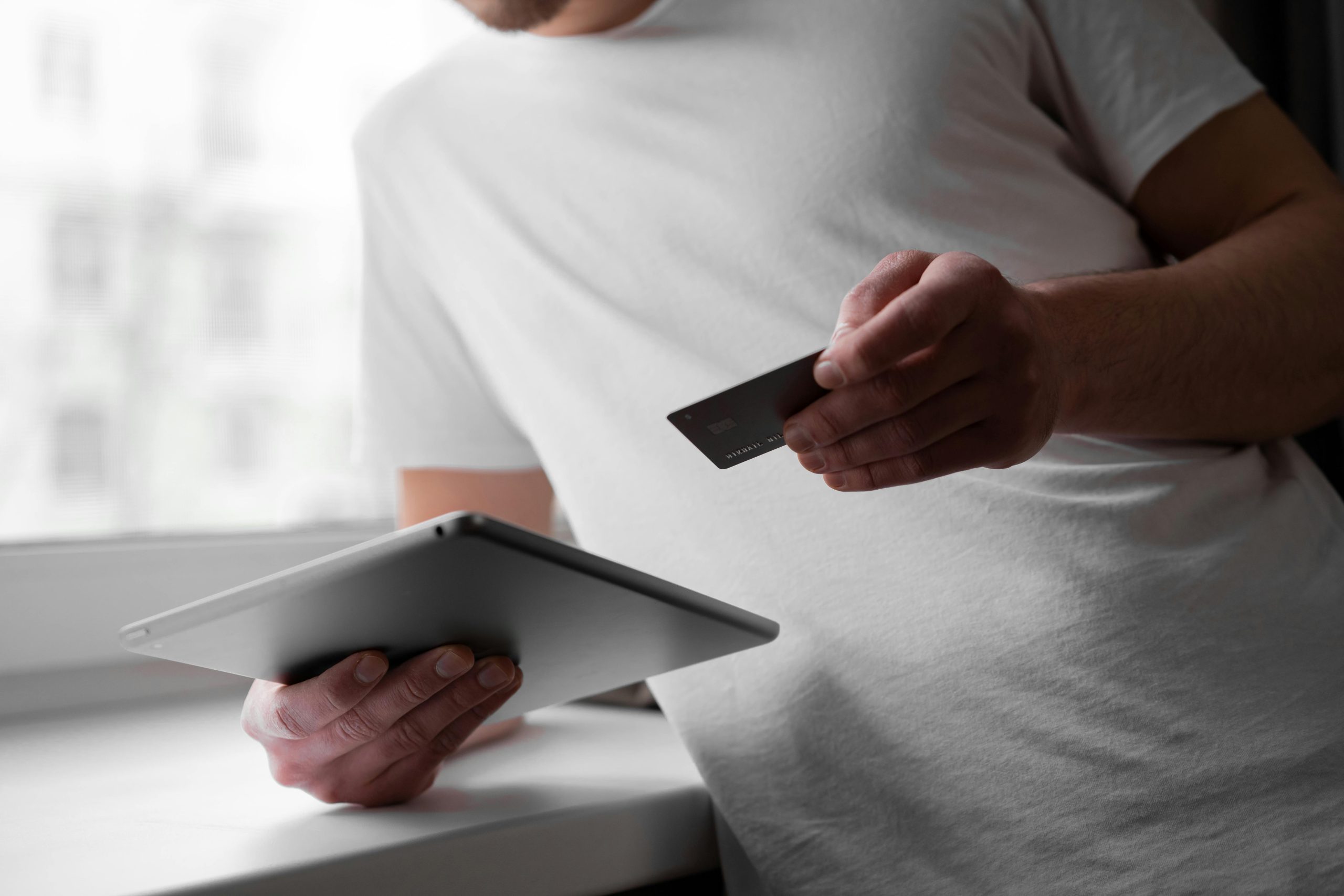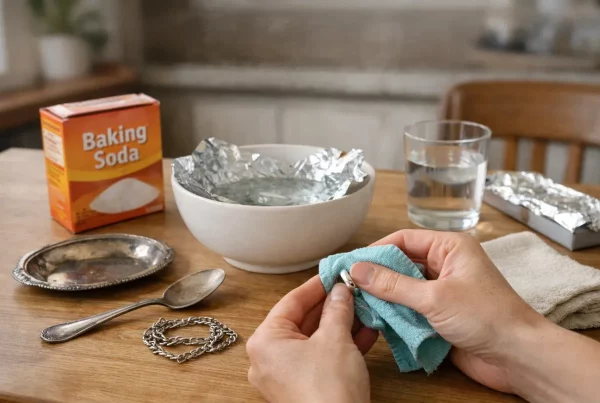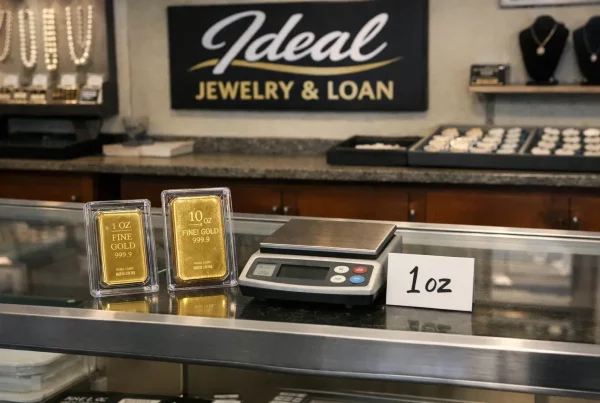When you step into a pawn shop, safety and security are top priorities—for both the buyer and the seller. From identification checks to surveillance systems, pawn shops follow strict procedures to make sure every transaction is legal, ethical, and secure.

Why Security Matters at Pawn Shops
Because pawn shops handle high-value items and cash, they must maintain a high level of trust. Customers need confidence that their valuables are safe and that purchases are legitimate. That’s why modern pawn shops implement various security measures to protect everyone involved.
1. Identity Verification for Sellers
Before accepting an item, pawn shops are required by law to verify the seller’s identity. This typically includes:
Government-issued photo ID
Recording the seller’s personal details
Capturing item information (photos, serial numbers)
These steps deter theft and ensure that items brought into the shop aren’t stolen property.
2. Surveillance and Security Systems
Most professional pawn shops are equipped with:
24/7 surveillance cameras
Alarm systems
Secure display cases and storage
This not only protects the physical location but also deters any fraudulent activity during transactions.
3. Item Tracking and Records
Pawn shops keep detailed records of every item pawned or sold. These records often include:
Item descriptions
Serial numbers
Photos of the item
Seller and transaction history
Many shops submit this information to local law enforcement, helping track stolen goods and maintain legal compliance.
4. Law Enforcement Collaboration
Reputable pawn shops regularly work with local police departments. This collaboration ensures stolen items can be flagged quickly, and legal procedures are followed when necessary.
5. Secure Payment Handling
To protect buyers, pawn shops often use verified payment methods, including:
Cash transactions with receipts
Card payments through encrypted systems
Refund policies for damaged or inauthentic items
Shops also train their staff to recognize counterfeit currency or suspicious behavior.
6. Employee Training and Background Checks
Staff at quality pawn shops undergo thorough training on:
Legal compliance
Customer verification
Handling disputes
Identifying stolen or fake items
Background checks on employees are common to ensure trustworthiness.
7. Privacy Protection for Customers
All personal data collected is kept secure and used only for verification or legal reporting. Shops ensure confidentiality and respect for every transaction.
Conclusion
Secure transactions at pawn shops are the result of multiple layers of protection—identity checks, legal compliance, surveillance, and responsible staff. Whether you’re pawning a valuable or shopping for a deal, you can feel confident knowing pawn shops take your safety seriously.




